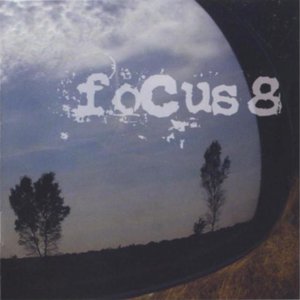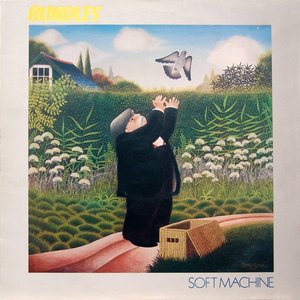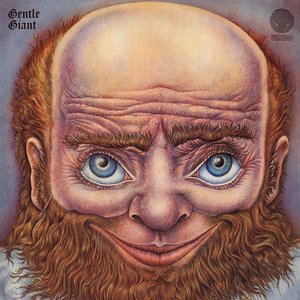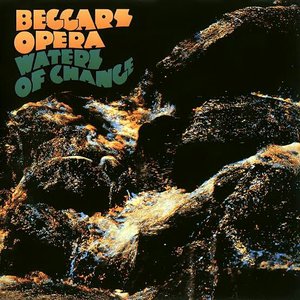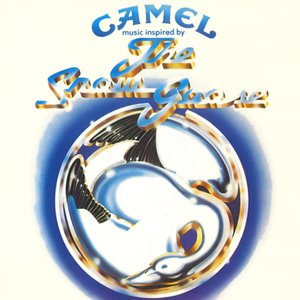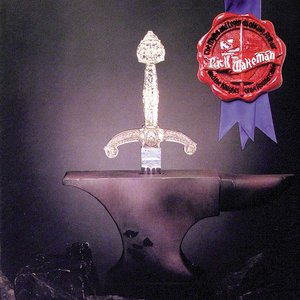Wiki
-
Release Date
1 January 1971
-
Length
6 tracks
Moving Waves is the 1971 second album by the Dutch band Focus. It includes the hit "Hocus Pocus" which features yodelling and operatic falsetto from Thijs van Leer combined with Jan Akkerman's heavy metal guitar. Even though the sound was highly experimental, it became very successful peaking at #9 in the Dutch Top 40 and later becoming popular in the United States with a #9 position on the Billboard Hot 100 and a #2 position in the UK Albums Chart.
The album also features "Eruption" − a 23 minute long adaptation of Jacopo Peri's opera Euridice, which tells the tale of Orpheus and Euridice.
In the Q & Mojo Classic Special Edition Pink Floyd & The Story of Prog Rock, the album came #24 in its list of "40 Cosmic Rock Albums".
The aforementioned "Hocus Pocus" is Focus's biggest hit and has gained the band fair popularity.
"Le Clochard" is a two minute acoustic guitar composition backed by mellotron. Comparisons can be made to "Horizons" on Genesis's Foxtrot album.
"Janis" is a flute ballad with mellow guitar throughout.
"Moving Waves" is the only song (other than the yodeling of Hocus Pocus and the "Pupilla" sections of Eruption) that contains vocals. It is mainly classical piano accompanied by vocals.
"Focus II", the second song in the "Focus" series, is a moving guitar ballad which contains some of Akkerman's best playing.
The 23 minute "Eruption" is split into 16 different parts and reincorporates themes such as "Orfeus", "Answer", and "Euridice" quite frequently. The sixth section, "Tommy", consists of a lengthy Akkerman solo accompanied by operatic humming from van Leer.
Album descriptions on Last.fm are editable by everyone. Feel free to contribute!
All user-contributed text on this page is available under the Creative Commons Attribution-ShareAlike License; additional terms may apply.


